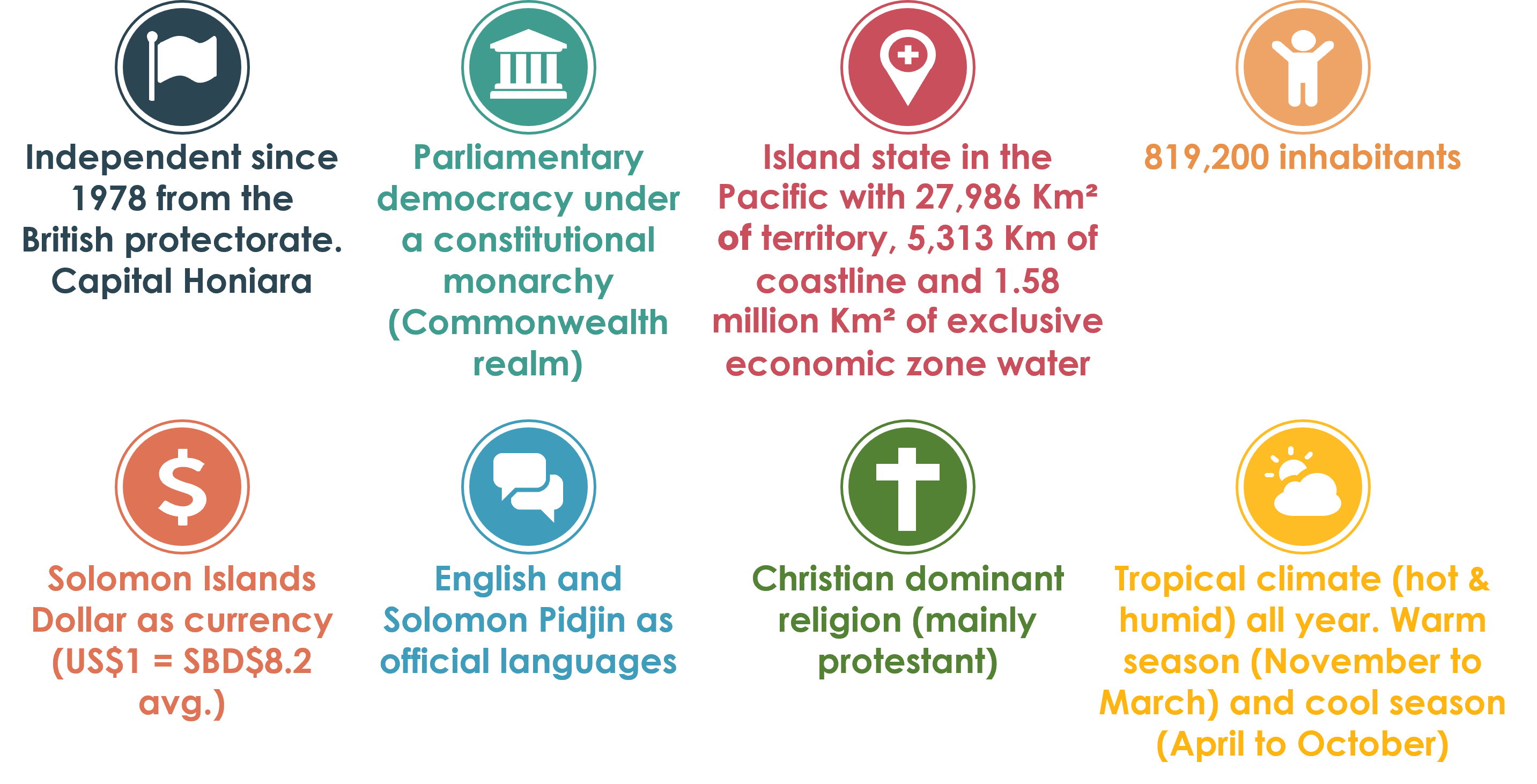Solomon at a glance
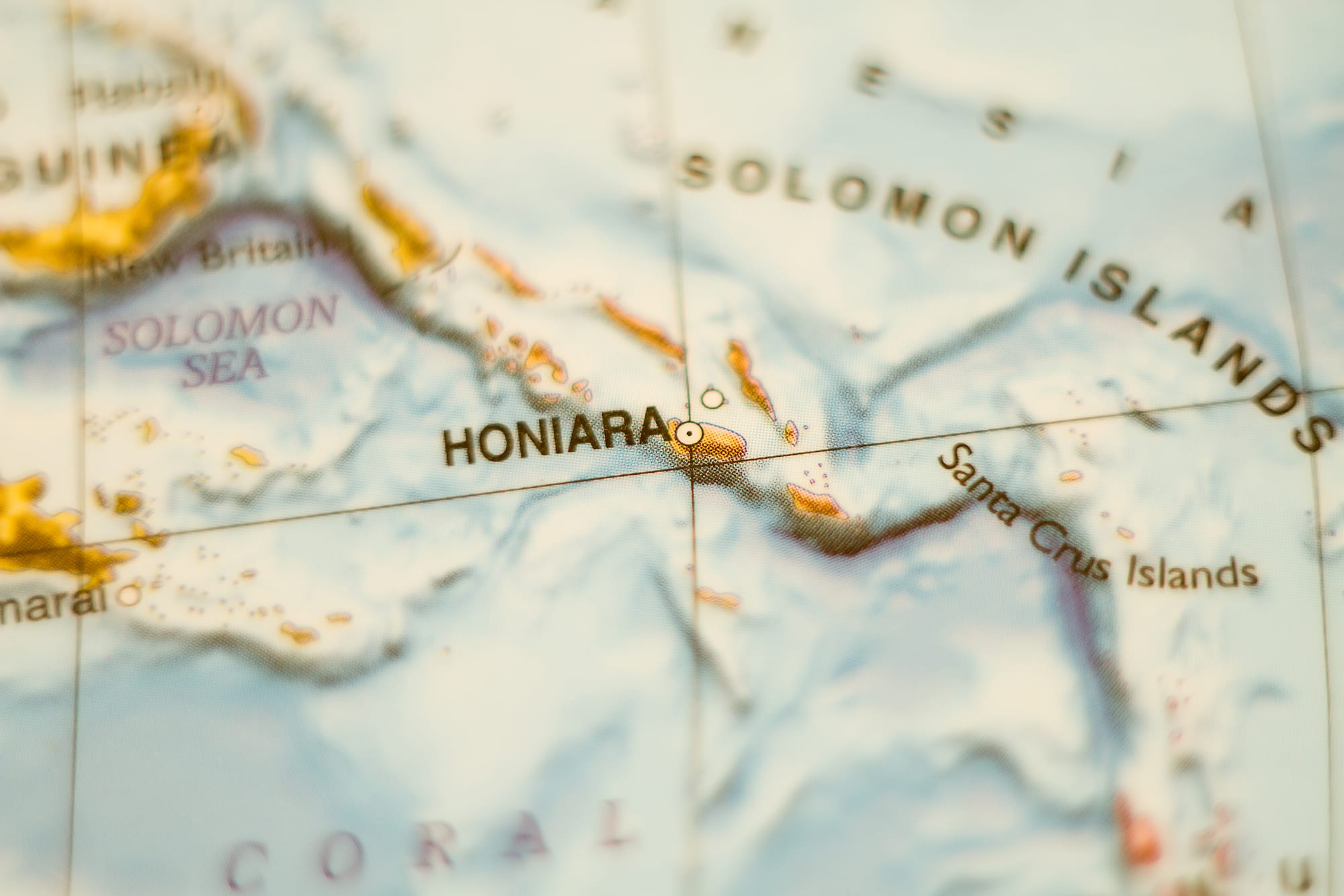
Welcome to Solomon Islands, a resilient Pacific nation on the rise
Situated in the heart of the Pacific, Solomon Islands is a nation of natural wealth, cultural diversity, and growing opportunity. With a young and dynamic population, a resilient economy, and a strategic location that connects Asia and Oceania, the country is steadily strengthening its foundations for sustainable growth and investment. In recent years, notable progress in security and political stability has further enhanced its reputation as a safe and reliable destination for investors.
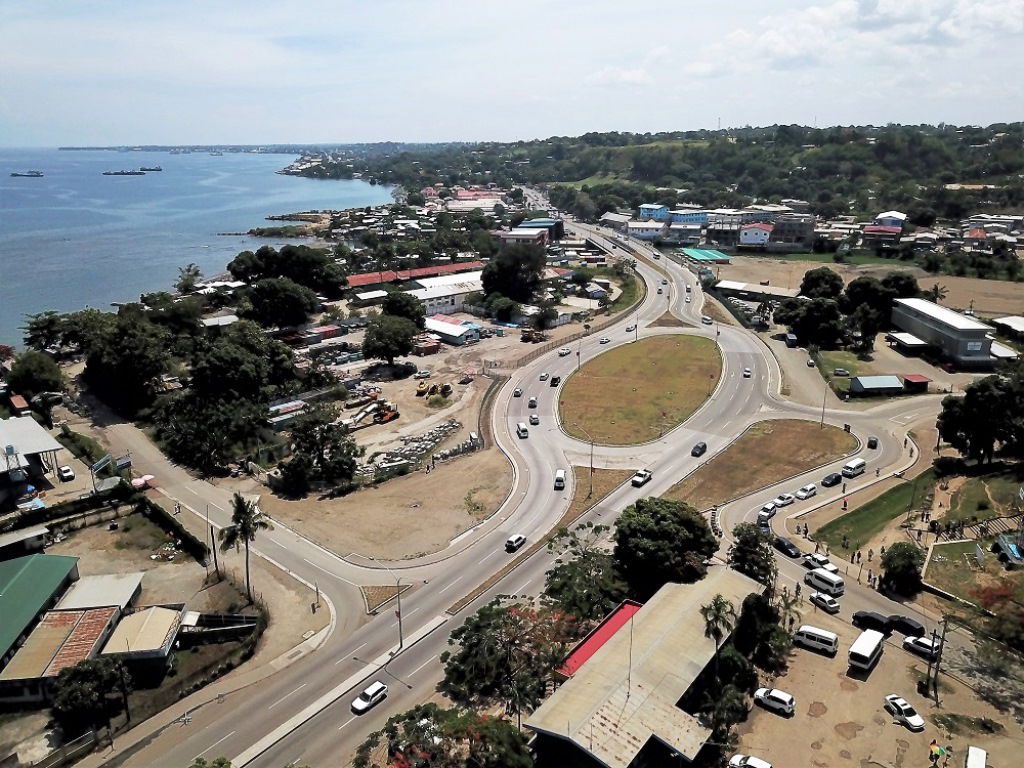
🌍Location & Geography
The Solomon Islands is an archipelago of nearly 1,000 islands, extending across 27,986 km² of land and a vast Exclusive Economic Zone (EEZ) of 1.58 million km², the third largest in the Pacific and the 23rd largest in the world.
This unique geography combines lush forests, fertile soils, and some of the richest marine resources in the region. The country’s location provides a natural bridge between Asia and Oceania, giving it access to major regional trade routes and markets. Its pristine environment and biodiversity also underpin opportunities in sustainable industries such as eco-tourism, fisheries, and the blue economy.
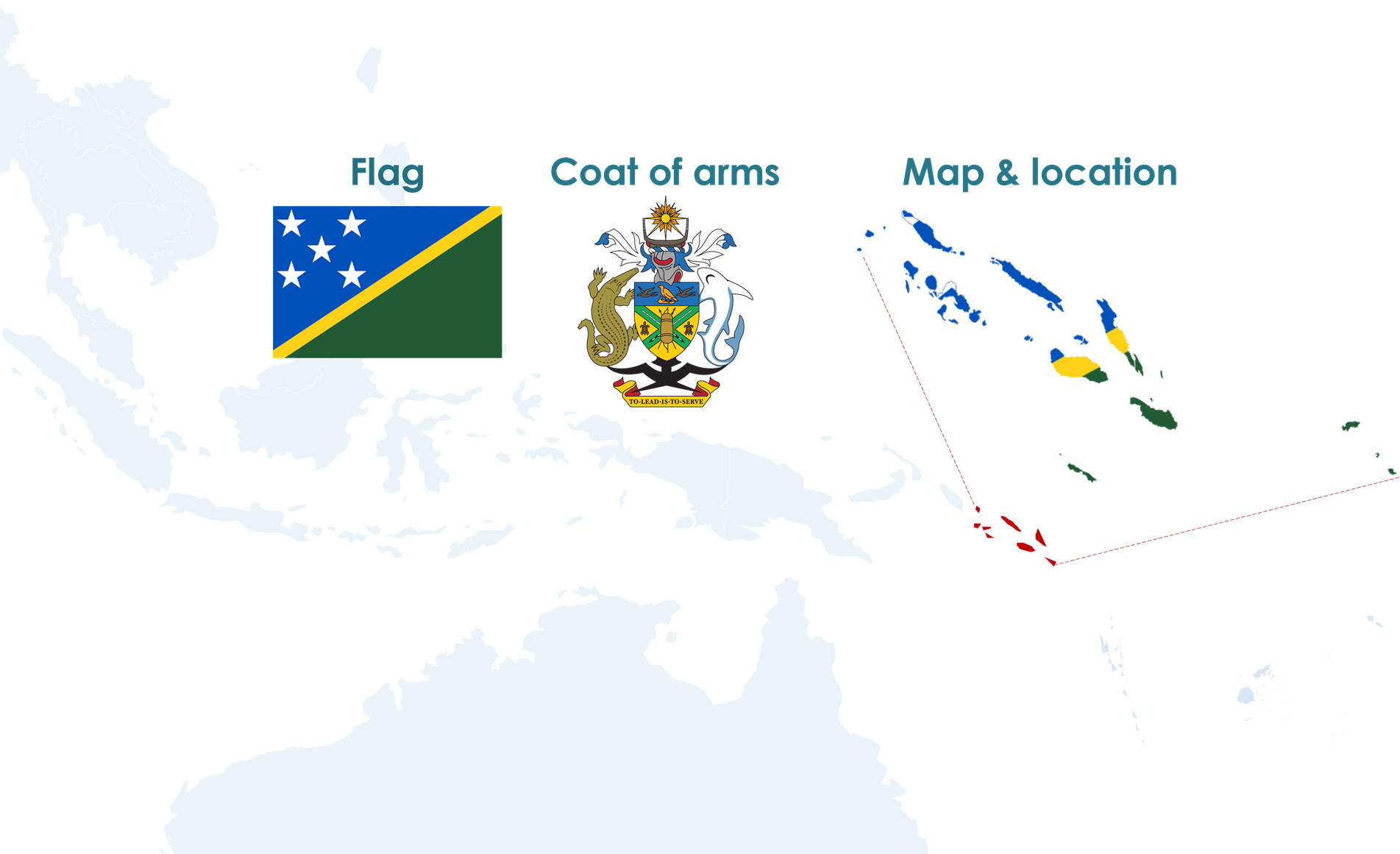
👥People and Society
Home to about 819,200 people, Solomon Islands has one of the youngest demographics in the Pacific, with 64% of the population under 30, well above the global average (46.5%).
The country is one of the most culturally diverse in the region. More than 70 languages are spoken across the country, reflecting a rich cultural diversity, while English and Solomon Pidgin serve as the official languages, ensuring accessibility for international partners.
The society is deeply community-oriented and predominantly Christian, with strong traditions that coexist with a growing appetite for modern goods and services, offering investors both a vibrant workforce and an emerging domestic consumer base.
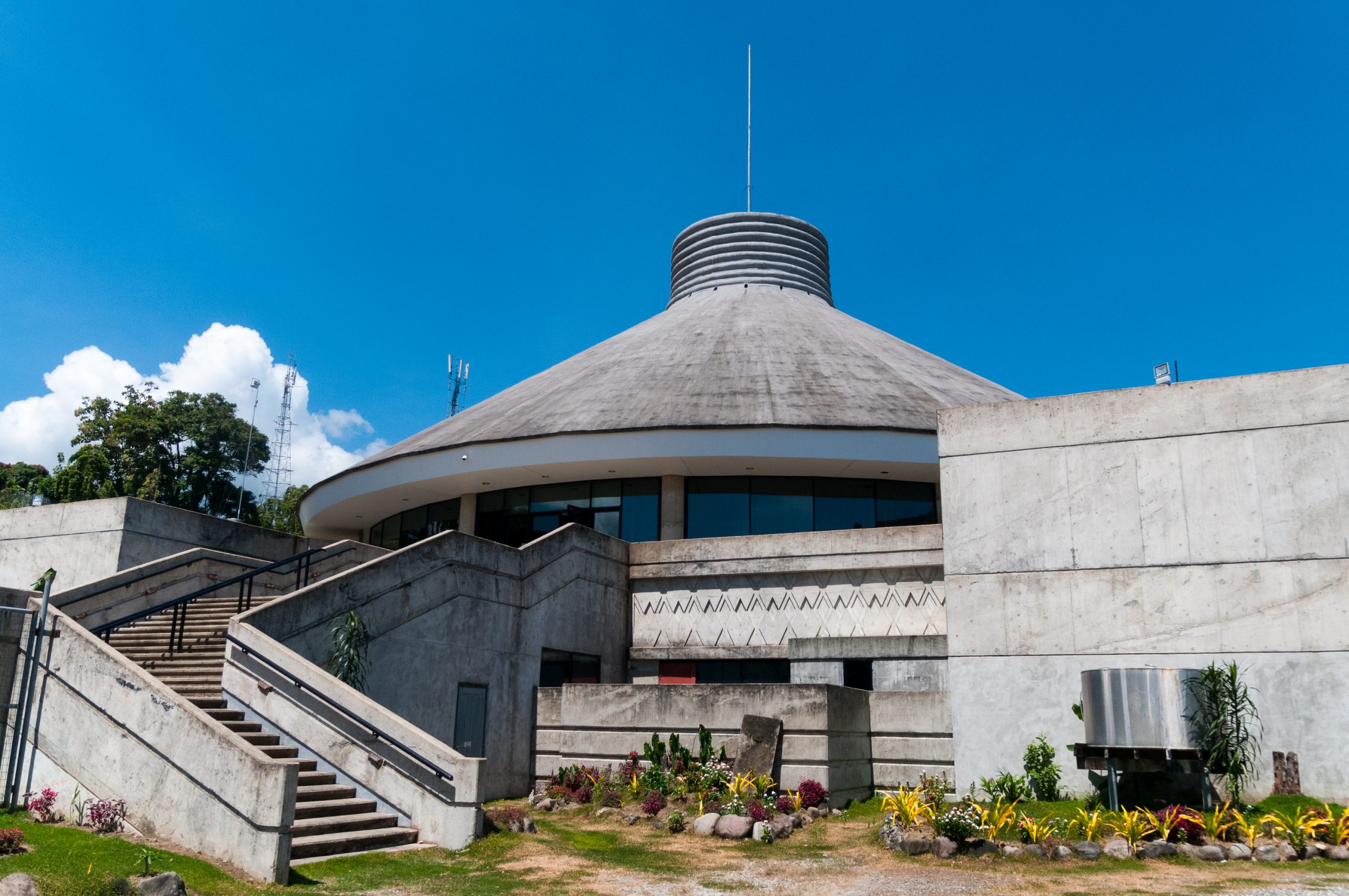
🏛️Government and international relations
Solomon Islands is a parliamentary democracy under a constitutional monarchy and a proud member of the Commonwealth. Since gaining independence from Britain in 1978, the country has worked to strengthen its democratic institutions and improve governance.
Recent reforms have focused on transparency, accountability, and building an enabling environment for private sector growth.
Internationally, Solomon Islands is an active member of the United Nations, the World Trade Organization, and the Pacific Islands Forum, maintaining close ties with regional and global partners. This strong international engagement reflects the country’s commitment to rules-based cooperation and provides investors with the reassurance of a government that values stability, integration, and long-term partnerships.
💼 Economy and investment climate
Valued at US$1.76 billion and ranked as the third-largest economy among Pacific Island States, Solomon Islands has demonstrated resilience in the face of global challenges and continues to pursue reforms that improve its investment climate.
Services account for 47.3% of GDP, followed by agriculture, fisheries, and forestry at 33.8%, and industry at 18.7%.
The government has introduced measures to streamline investment procedures, enhance legal protections, and offer attractive tax incentives for both new and expanding projects. Combined with improvements in peace and stability, these efforts are gradually shaping a more predictable business environment. For investors, this means a market that is steadily modernizing while retaining the advantages of being an early mover in an emerging economy.
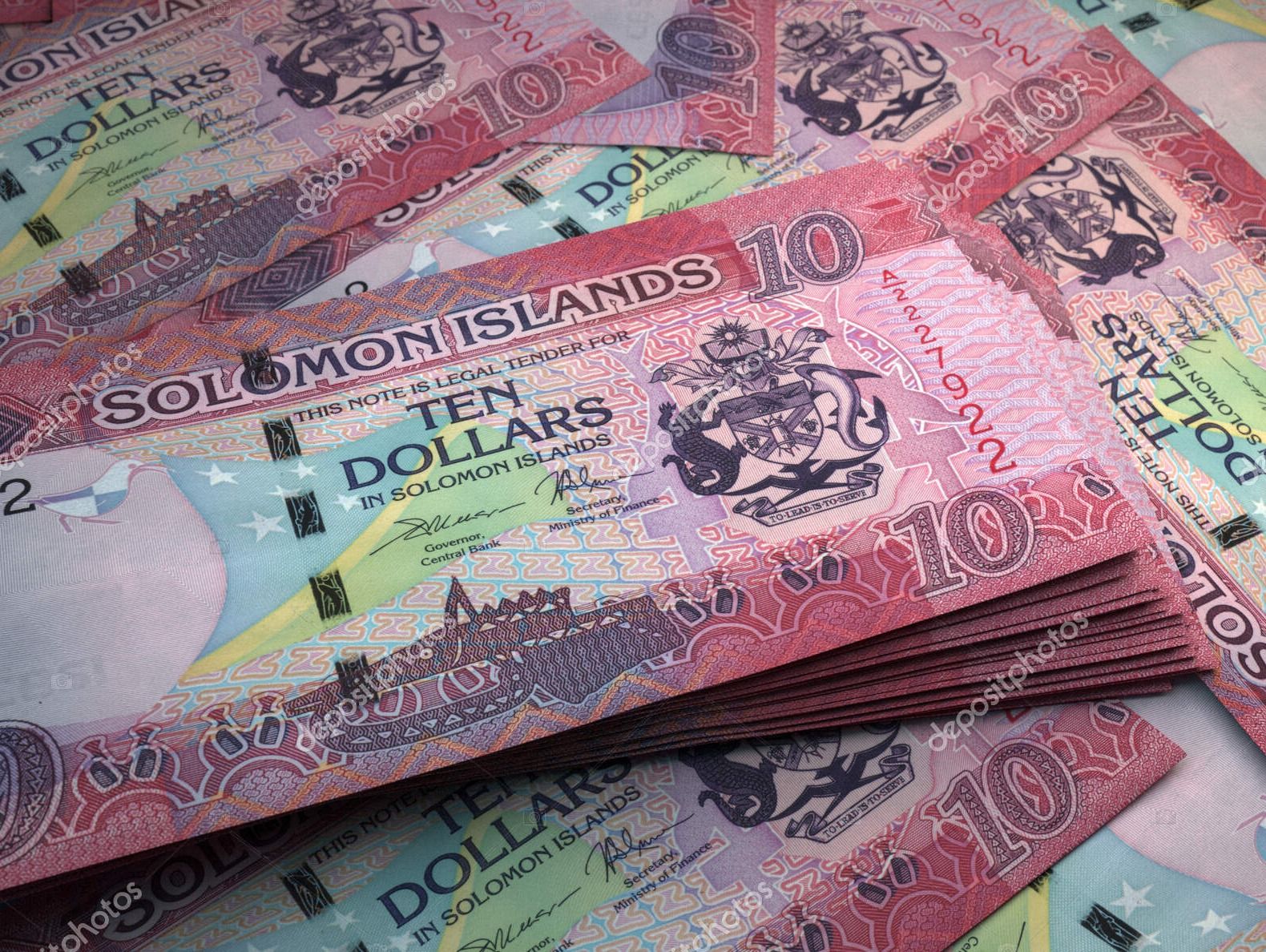
🎓 Human capital
The country’s 422,700-strong workforce represents 59% of the population, making it the Pacific’s third-largest labor pool. With 64% of Solomon Islanders under 30, the labor force is not only large but also young and adaptable.
Government spending on education is 8.3% of GDP, more than double the global average (3.8%), supporting skill development and employability. Institutions such as Solomon Islands National University, the University of the South Pacific campus are producing graduates for priority sectors, from fisheries to tourism. Seasonal worker schemes abroad are also expanding skills and remittances, while strengthening the labor force’s global exposure.
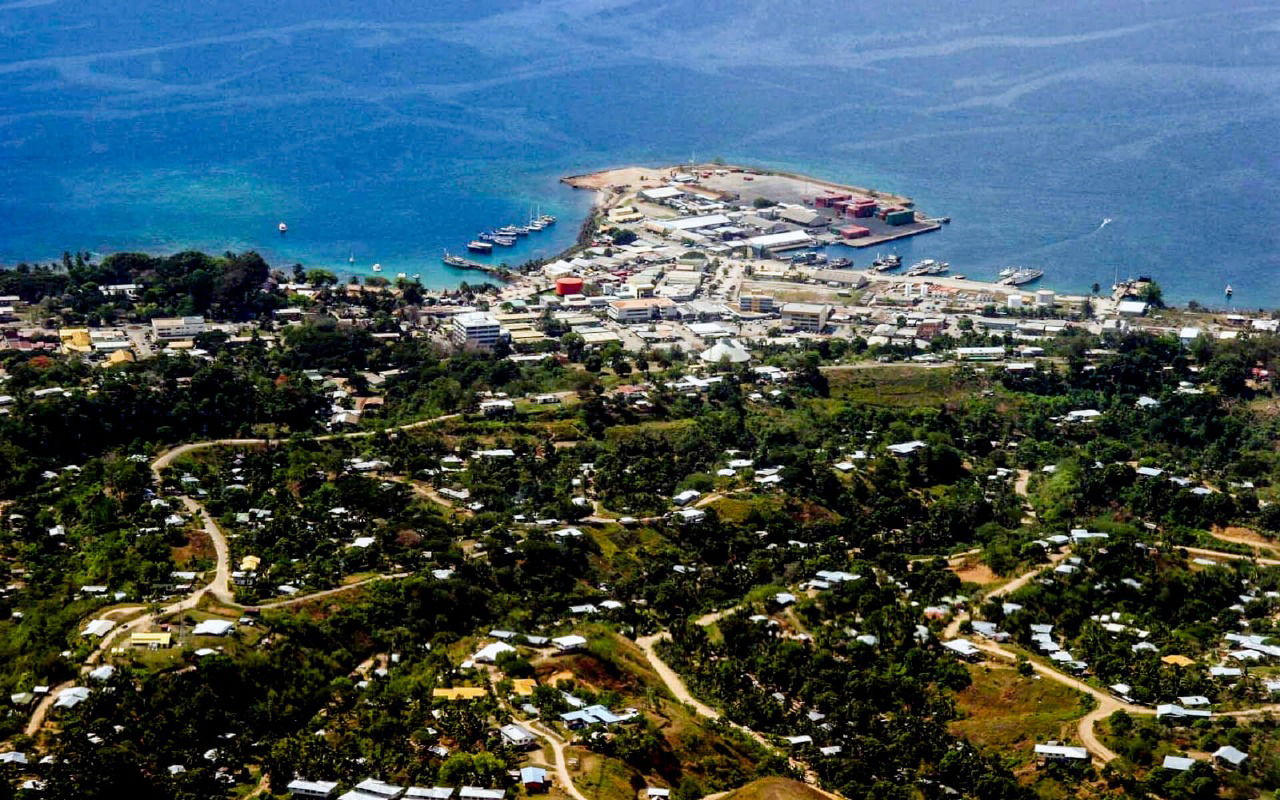
✈️ Connectivity & infrastructure
Connectivity is vital for a dispersed island nation, and Solomon Islands is steadily improving its infrastructure to strengthen links domestically and internationally.
Honiara International Airport is the country’s main gateway, offering regular flights to Australia, Papua New Guinea, Vanuatu, and Fiji, while more than 20 domestic airports connect the islands internally. The Solomon Islands Ports Authority manages the main international ports at Honiara and Noro, with shipping routes to Asia and the Pacific.
Investments in renewable energy, roads, and digital infrastructure, including submarine cable connections, are enhancing competitiveness, lowering costs, and enabling businesses to integrate more effectively with regional and global markets. These improvements make the country more accessible and business-ready than ever before.
📌Quick facts
